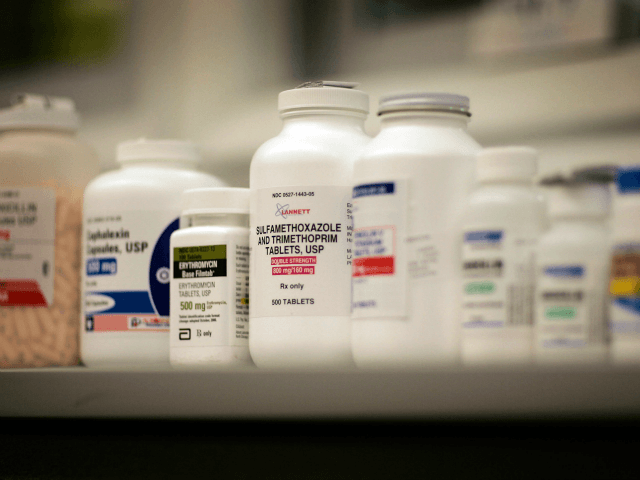Dozens of National Health Service (NHS) officials with responsibility for deciding which drugs the service uses are also being paid as consultants by pharmaceutical firms, it has emerged, prompting the Ministry of Health to order an inquiry into the allegations.
The practice is so lucrative that the drugs companies are spending a massive £30m a year on consultancy fees paid out to doctors and officials, plus a further £10m a year flying them to events around the world.
The companies refer to the consultants as “payers” – senior staff involved in assessing drugs for use by NHS Trusts and Clinical Commissioning Groups (CCGs) – so called because they are in control of multi-million pound budgets. But evidence seen by the Telegraph shows that some of the “payers” are receiving up to £1,250 a day on top of their generous NHS salaries merely to meet with the drugs companies and advise them how best to sell their products.
In some cases, senior NHS officials were found to have attended more than 20 paid advisory boards in a year outside of their health service roles, as well as doing other pieces of paid consultancy work for the pharma companies.
In addition, many are being flown, all expensive paid, to foreign locations to take part in meetings held abroad. Three officials from the same CCG in Luton were found to have separately been flown to the German spa town of Baden Baden for paid advisory meetings; the company who sponsored the event, Stirling Anglican, was found by the regulator in December to have lavished “unacceptable” levels of hospitality on its NHS guests, including champagne, fine dining and even Jacuzzis in their bedrooms.
Paul Jerram, the NHS official who organised the meeting boasted “Even the waste-bin [in the hotel room] is gold-plated.” Mr Jerram works for the NHS on the Isle of Wight, where he chooses which drugs are prescribed by doctors working there. But he also runs a number of consultancy companies on the side which set up “advisory board meetings” to get NHS staff in the same room as drugs company reps. Mr Jerram charges an organising fee of £5,000 for himself, plus £500 per delegate per day.
He told an undercover reporter that it was “infinitely easy to get delegates,” adding: “I already have a delegate list for more than half the CCGs that I circulate information to, and I’m told I’m very influential. But I’m just saying – I don’t know how influential I am – I do know the company we’ve been supporting with their two drugs has exceeded their sales.”
Mr Jerram is not the only NHS official running a consultancy business on the side: Omar Ali, who works for Surrey and Sussex Hospital Trust for three days a week, boasted of a network of over 100 “payers,” all of which were “NHS decision makers.” He offered to organise a meeting in Dubai for 10 officials, all of whom would expect to be £1000 a day. He was charging a £15,000 fee for organising the event.
Both Mr Jerram and Mr Ali insisted that they act in the best interests of the NHS by saving money; Mr Jerram said that when deciding on whether to switch to a new drug “we would look at what is beneficial to the patient; what’s beneficial to the NHS.”
Similarly, Ben Woodhouse, who is the medicines optimisation lead at Bolton CCG and who undertook 31 pieces of advisory work for pharmaceutical firms during 2014-15 around his full time NHS role, said the work helped “make best use” of funds as he could provide advice and ensure drugs comply with guidance.
But many within both the NHS and the drugs companies are shying away from the practice, aware that it appears to be a conflict of interest. One CCG has already banned all of its staff from taking part in advisory board meetings, while GlaxoSmithKlein has quietly stopped using payers as consultants. Mr Jerram, meanwhile, has now been sacked.
Last night the health minister Alistair Burt said: “These are very serious allegations – an urgent investigation is under way and action will be taken against any NHS staff attempting to influence purchasing decisions in return for payment, gifts or hospitality.
Whille Meg Hillier, chairman of the public accounts committee, said: “This shows a very worrying relationship between the people who decide which drugs to buy and their relationships with pharmaceutical companies. … I will be suggesting to my committee that we look at it further.”
The Association of the British Pharmaceutical Industry (ABPI) has said that it is currently working on a database showing payments to doctors and officials who have agreed to “opt in”.

COMMENTS
Please let us know if you're having issues with commenting.